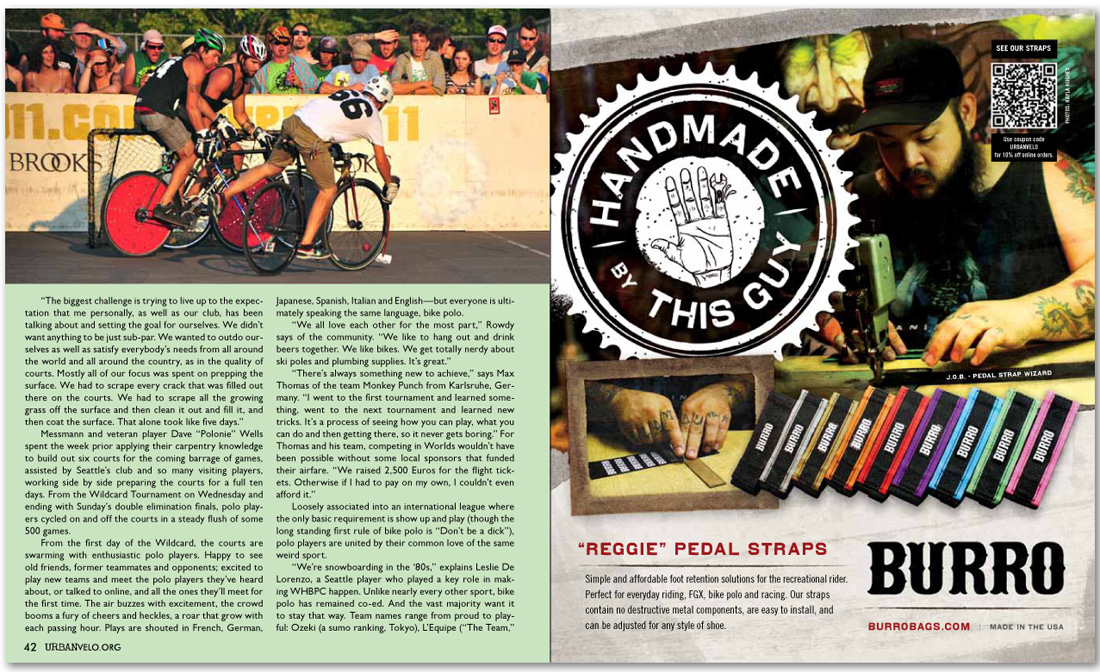


“The biggest challenge is trying to live up to the expectation that me personally, as well as our club, has been talking about and setting the goal for ourselves. We didn’t want anything to be just sub-par. We wanted to outdo ourselves as well as satisfy everybody’s needs from all around the world and all around the country, as in the quality of courts. Mostly all of our focus was spent on prepping the surface. We had to scrape every crack that was filled out there on the courts. We had to scrape all the growing grass off the surface and then clean it out and fill it, and then coat the surface. That alone took like five days.”
Messmann and veteran player Dave “Polonie” Wells spent the week prior applying their carpentry knowledge to build out six courts for the coming barrage of games, assisted by Seattle’s club and so many visiting players, working side by side preparing the courts for a full ten days. From the Wildcard Tournament on Wednesday and ending with Sunday’s double elimination finals, polo players cycled on and off the courts in a steady flush of some 500 games.
From the first day of the Wildcard, the courts are swarming with enthusiastic polo players. Happy to see old friends, former teammates and opponents; excited to play new teams and meet the polo players they’ve heard about, or talked to online, and all the ones they’ll meet for the first time. The air buzzes with excitement, the crowd booms a fury of cheers and heckles, a roar that grow with each passing hour. Plays are shouted in French, German, Japanese, Spanish, Italian and English—but everyone is ultimately speaking the same language, bike polo.
“We all love each other for the most part,” Rowdy says of the community. “We like to hang out and drink beers together. We like bikes. We get totally nerdy about ski poles and plumbing supplies. It’s great.”
“There’s always something new to achieve,” says Max Thomas of the team Monkey Punch from Karlsruhe, Germany. “I went to the first tournament and learned something, went to the next tournament and learned new tricks. It’s a process of seeing how you can play, what you can do and then getting there, so it never gets boring.” For Thomas and his team, competing in Worlds wouldn’t have been possible without some local sponsors that funded their airfare. “We raised 2,500 Euros for the flight tickets. Otherwise if I had to pay on my own, I couldn’t even afford it.”
Loosely associated into an international league where the only basic requirement is show up and play (though the long standing first rule of bike polo is “Don’t be a dick”), polo players are united by their common love of the same weird sport.
“We’re snowboarding in the ‘80s,” explains Leslie De Lorenzo, a Seattle player who played a key role in making WHBPC happen. Unlike nearly every other sport, bike polo has remained co-ed. And the vast majority want it to stay that way. Team names range from proud to playful: Ozeki (a sumo ranking, Tokyo), L’Equipe (“The Team,”